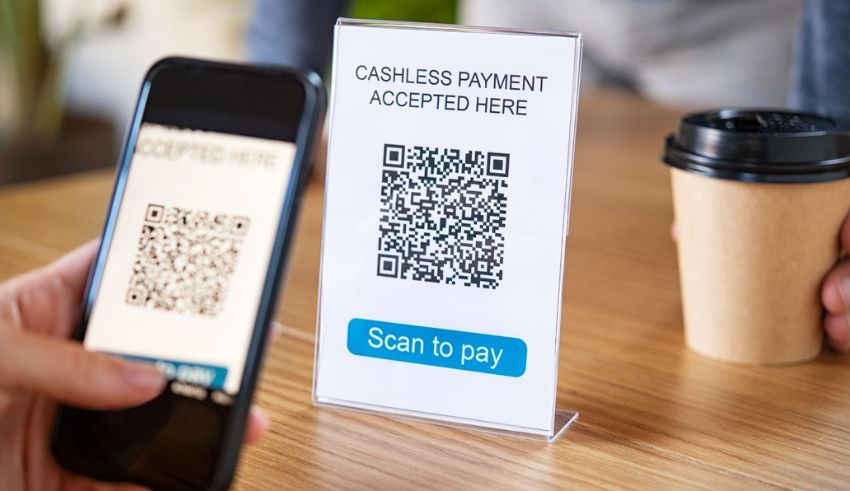
Last updated on March 6th, 2024 at 10:56 am
The Philippines is one of the most cash-dependent countries in the world, with cash transactions accounting for 99% of the total volume and 60% of the total value of payments in 2019¹. However, the Covid-19 pandemic has accelerated the shift to digital payments, as more Filipinos opt for contactless and convenient ways to pay and receive money. According to the Bangko Sentral ng Pilipinas (BSP), the central bank of the Philippines, the volume and value of electronic fund transfers increased by 36% and 53%, respectively, in the first half of 2020.
The BSP has also launched several initiatives to promote a cashless society, such as the National Retail Payment System (NRPS), which aims to increase the share of digital payments to 50% of the total volume and 70% of the total value by 2023. The NRPS consists of two platforms: PESONet, which enables batch electronic fund transfers, and InstaPay, which enables real-time electronic fund transfers. The BSP has also encouraged the use of QR codes, e-wallets, and other digital payment solutions, especially among micro, small, and medium enterprises (MSMEs).
A cashless society offers many benefits, such as increased efficiency, security, transparency, and financial inclusion. However, there are also challenges and risks, such as privacy, cybersecurity, digital divide, and behavioral change. Here are some of the pros and cons of the Philippines being a cashless society.
Pros of a Cashless Society
– Increased efficiency: A cashless society can reduce the time and cost of handling, transporting, and storing cash, which can be cumbersome and expensive. According to a study by the Better Than Cash Alliance, a global partnership that advocates for digital payments, the Philippine government could save up to 75% of its costs by shifting from cash to digital payments. A cashless society can also improve the speed and convenience of transactions, especially for online and cross-border payments.
– Increased security: A cashless society can reduce the risk of theft, robbery, counterfeiting, and money laundering, which are prevalent in a cash-based economy. Digital payments can also provide a safer and more hygienic way to pay and receive money, especially during a pandemic. Digital payments can also protect consumers from fraud and abuse, as they can track and verify their transactions, and dispute any unauthorized or erroneous charges.
– Increased transparency: A cashless society can enhance the transparency and accountability of financial transactions, as they can be recorded and monitored by the authorities and the public. This can help prevent tax evasion, corruption, and illicit activities, which are often facilitated by cash. According to a study by the International Monetary Fund, increasing the use of digital payments could increase the tax revenue of the Philippines by 4% of GDP.
– Increased financial inclusion: A cashless society can provide access to financial services and products to more Filipinos, especially those who are unbanked or underbanked. According to the 2019 Financial Inclusion Survey by the BSP, only 29% of Filipino adults had a formal bank account, while 51% had a mobile phone. A cashless society can leverage the widespread use of mobile phones and the internet to offer digital banking and payment solutions, such as e-wallets, mobile money, and online lending, which can be more affordable and accessible than traditional banking.
Keep Reading
Cons of a Cashless Society
– Privacy concerns: A cashless society can pose a threat to the privacy and anonymity of individuals, as their financial transactions and personal data can be collected and analyzed by various entities, such as banks, payment providers, government agencies, and hackers. This can expose them to potential surveillance, profiling, discrimination, and manipulation, especially if there are no adequate laws and regulations to protect their data and rights.
– Cybersecurity risks: A cashless society can increase the vulnerability of individuals and institutions to cyberattacks, which can compromise their financial security and stability. Cyberattacks can cause data breaches, identity theft, fraud, and ransomware, which can result in financial losses, reputational damage, and legal liabilities. According to a report by the cybersecurity firm Kaspersky, the Philippines ranked 10th among the countries with the most online threats detected in 2019.
– Digital divide: A cashless society can widen the gap between the digital haves and have-nots, as not everyone has equal access to the technology and infrastructure needed to participate in a cashless economy. According to the 2020 Inclusive Internet Index by the Economist Intelligence Unit, the Philippines ranked 64th out of 100 countries in terms of internet availability, affordability, relevance, and readiness. A cashless society can also exclude or marginalize those who are not familiar or comfortable with using digital payments, such as the elderly, the illiterate, and the disabled.
– Behavioral change: A cashless society can affect the spending and saving habits of individuals, as they may lose the sense of physicality and tangibility of money. This can lead to overspending, impulse buying, and debt accumulation, as they may not feel the pain of parting with their money. A cashless society can also reduce the social and cultural value of money, as it may lose its symbolic and sentimental meaning, such as giving cash as a gift or a donation.
A cashless society is a possible and desirable scenario for the Philippines, as it can offer many advantages for the economy and the society. However, a cashless society also entails many challenges and risks, which need to be addressed and mitigated by the government, the private sector, and the public. A cashless society requires not only the adoption of technology and innovation, but also the development of policies and regulations, the improvement of infrastructure and security, and the education and empowerment of the people.




























